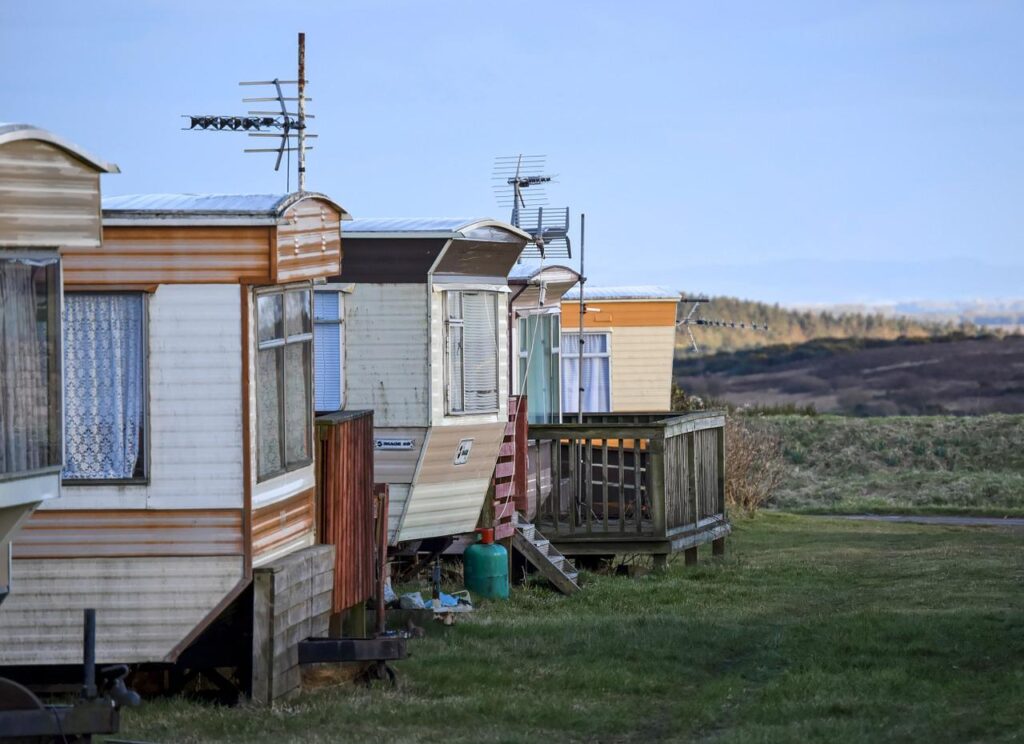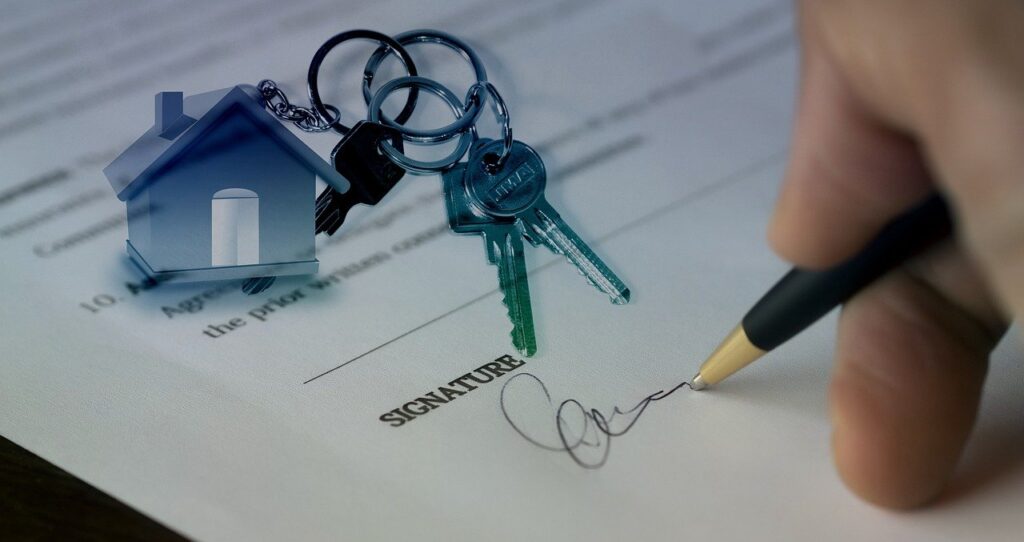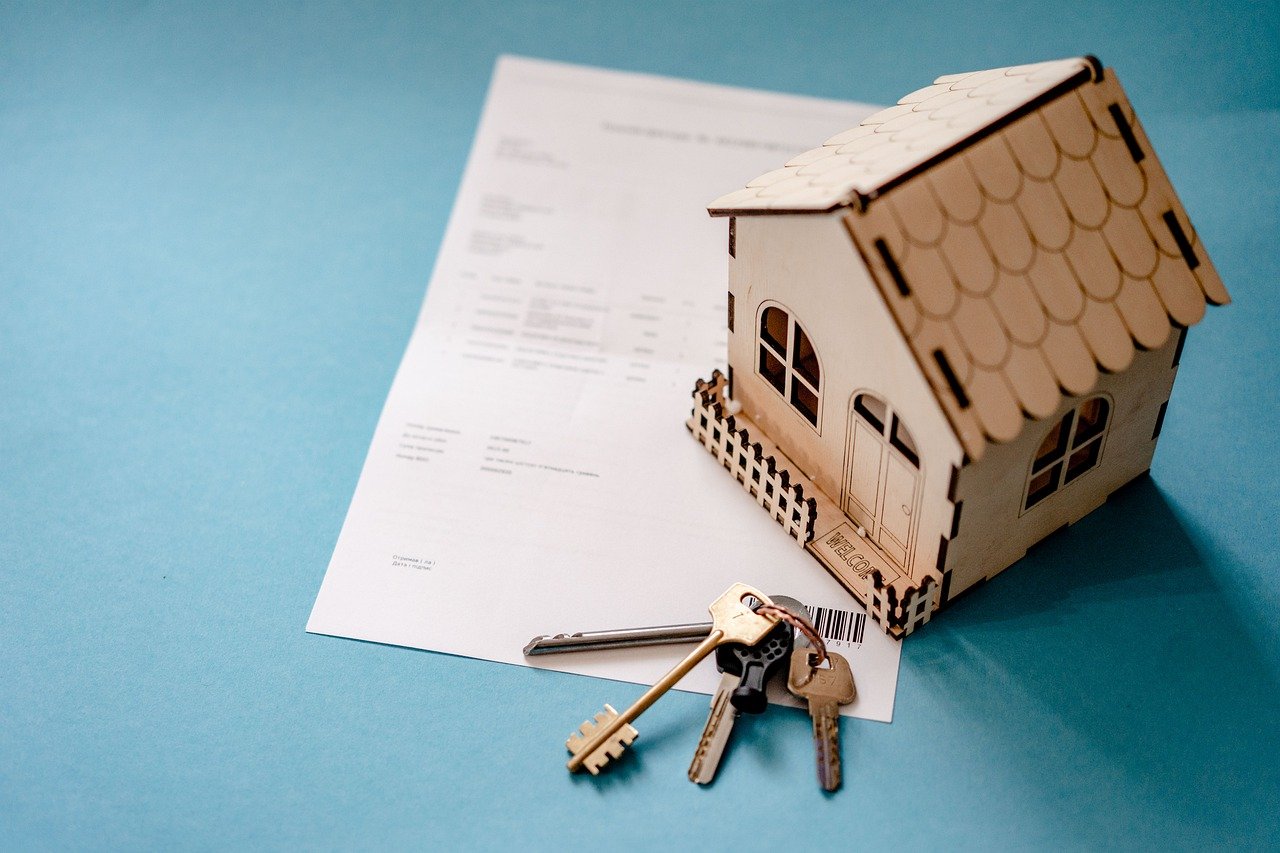The Mobile Homeownership Today
A mobile home is a home that has been manufactured in a factory, attached to a chassis, and taken to the location where the living space will be. Mobile homes come in three standard sizes:
- Single-wide: 500 to 1,100 square feet
- Double-wide: 1,200 to 2,000 square feet
- Triple-wide: over 2,000 square feet
A mobile homeowner is the owner of such property. What are the rights as a mobile homeowner?
According to statistics, approximately 17.7 million Americans live in a mobile home, around 5.6% of the population. The age of mobile home residents ranges from infants to the elderly. These homes provide families and single individuals with access to an affordable place to live, which is critical for the low-income housing market.
Research shows that a mobile home may also be a great option for those unable to afford public housing. The average annual income of public housing residents is around $14,500. A mobile home may be the way to go if you are earning less than that.
Trailer park statistics indicate that approximately 200 trailer parks are spread across 25 states. The demand for mobile homes and trailer parks seems to increase yearly. You can place a mobile home in a trailer park or on rented or owned land.
On average, the monthly cost for a mobile home is around $564, and a site-built home is around $1,057. A mobile home will save you more than 40% on housing costs.
The average income for mobile homeowners is $34,000, while the income of non-mobile homeowners reaches $59,700 or more. This means that 23.9% of Americans with an income below the poverty line live in a mobile home and feel like it’s a luxury.
People who live in mobile homes have obligations to own the home but rent the land. Therefore, they are both owners and renters at the same time. This means they may be required to move from rented land at some point. However, unlike renters being evicted, the mobile home owner must either move the home to a new piece of property or sell it.
The issue is that mobile homes are not exactly mobile. While they can be moved, it's not always easy, and it's not cheap. The average cost to relocate a mobile home is between $5,000 to $10,000.
If they can't afford to relocate it, their only other option would be to sell it. Unfortunately, the pandemic has caused the mobile home market to dry up in many areas of the country. If they can't find a buyer, they may have to sell it cheaply or leave it in the mobile home park. In many states, after 30 days, they are considered abandoned. This means that the landlord of the mobile home park can take over the title of the mobile home and rent them to new tenants. But now you can also remove your mobile home for free when you contact our team.
The problem that many mobile homeowners face is that they are not protected like other renters are. The basic legal protections for tenants in apartments or rented houses include a mandatory notice for rent increases and evictions. This is the primary reason that investment firms are targeting mobile home communities. They are a reliable source of passive income that generates steady returns and requires little to no effort to maintain.
Having a Mobile Home Instead of a Regular Home
There are several similarities between a mobile home and a regular home. These include:
Purpose
A mobile home serves the same purpose as a conventional, site-built home, and it will be the place where you and your family will live. You can adapt a mobile home to meet your personal needs, customizing it how you desire.
Amenities
Many people are under the false assumption that a mobile home is not as comfortable as a site-built home. However, this isn't true. You don't have to give up anything if you decide to buy a mobile home. You can have anything and everything you would in a site-built home. The difference is that you'll have to hook up your power and water if you buy one that is not parked.
Sizes
Traditional, site-built homes come in various sizes, typically measured in square feet. The cost is usually based on the area, and the only restrictions on the size of the home are budget and land area.
Mobile homes are known for helping people downsize and are just a few steps away from tiny houses. They are low-cost, mobile, and convenient, making them perfect for the minimalist lifestyle.
That being said, a mobile home doesn’t always mean tiny. They come in various sizes, including single-wide, double-wide, and triple-wide.
Owning a mobile home is different than owning a regular, site-built home. There are a few advantages to owning a mobile home, which we’ll look at below.
One of the primary advantages of owning a mobile home is its lower cost, and a mobile home makes it much easier to achieve homeownership. Plus, since they typically cost less per square foot, you get more for your money.
Some site-built homes have standard floor plans that allow them to build homes with prices similar to those of mobile homes. If this is something you’d be interested in, check with the builders in your area and find out if you can check the quality of their construction and compare it to a newer mobile home.
Another advantage is flexibility. Mobile homes are more affordable and only semi-permanent; you can remove them in the future if you want to move somewhere else or build a permanent home structure on your land. However, keep in mind moving is not as simple as it might sound. A mobile home might be a great option if you're not sure you want to own the land long-term, you don't want to commit to a site-built home, or you can't afford a site-built home now.
The final advantage is that they are typically built in a controlled environment, so the quality standards are kept high. Plus, you don't have to worry about construction delays due to weather and other issues or difficulty scheduling subcontractors.

What Rights do You Have as a Mobile Homeowner
It is important to know that you have rights as a mobile homeowner. These rights are regulated differently based on the state you're in, and the laws in that state should be followed. You must be aware of the laws in your state. However, there are a few universal things.
First, you are protected under the Fair Housing Act, also known as Title VIII of the Civil Rights Act. President Lyndon B. Johnson enacted this law in 1968. It was signed 7 days after Dr. Martin Luther King, Jr. was assassinated. The purpose was to fight racial discrimination in housing. The Fair Housing Act protects 7 classes against housing discrimination:
- Familial status
- National origin
- Disability
- Color
- Religion
- Race
- Sex
In addition, many local governments have added a few additional protected classes:
- Gender identity
- Military history
- Income level
- Sexual orientation
This means that the landlord cannot discriminate against you based on these factors, no matter what type of housing you are in a mobile home, trailer park, apartment, or any other unit designed or used as a residence.

Following are a few examples of housing discrimination:
- Being asked to purchase a lot in a specific area due to the other residents in the area sharing your race/national origin
- As a member of a minority religious group, being told repeatedly that the home is not ready to move into- even though you know it is
- Being asked to leave a mobile home park because more members have been added to your household
- Denied a loan, and you believe it's due to your disability, familial status, color, religion, national origin, age, or race.
There is one exception when it comes to age discrimination. Some communities require their residents to be 55+. If you or anyone in the household is under 55, you may not be able to live in one of these. This is legal and does not fall under FHA protection.
Main standards a mobile home landlord needs to meet
People who live in a mobile home often own the home itself but don't necessarily own the property that it sits on. Therefore, as a mobile home owner, you must be aware of your rights when it comes to leasing a space in a mobile home community.
There are some standards that the landlord of a mobile home park must meet. Again, it's important to remember that regulations vary from state to state. However, no matter where you are, the following standards apply:
- Community must be kept safe and clean
- Water/other utilities must be kept in good working order
- Landlord must have permission before entering your home
If they do not meet these requirements, you may have some recourse. You can address these issues by contacting your manufactured housing State Association or regulatory agency.
Even if you own your mobile home, if you are renting the land it’s on, you may face eviction for a variety of legitimate reasons:
- Non-payment of rent
- Deliberately damaging community property
- Violating community rules
Even if your eviction is due to the above cases, you may still be able to fight it. Contact your manufactured housing state association or other regulatory agency when you receive an eviction notice for a legitimate reason.
Mobile Home Owner Laws and Regulations
About 43,000 manufactured housing communities spread across the United States, and most owners of mobile homes live in these communities. These are referred to as trailer parks or mobile home parks. There are several things you need to be aware of when living in one of these communities.
A mobile home park is a small subdivision with land broken up into lots and identified by markers. Spaces include:
- Utility pedestal for water, gas, or electric
- Driveway
- Pad for installation of mobile home
In some cases, the park will have a clubhouse or other recreational facilities, and a manager or management company typically operates/maintains the park. Living in a mobile home park is unique because you are both an owner and a tenant. You may own the home, but you must also abide by the rental agreement you signed with the park. Below, we'll take a closer look at some of the things you need to know when living in a mobile home park.
Rental Agreements
Before you sign a rental agreement, you must take the time to read and understand it. You may wish to hire an attorney, especially since some parks require leases for up to 30 years. Management must offer an agreement that negotiates rent, fees, park rules/regulations, and tenant terms. In most cases, leases are valid for 12 months but may also be negotiated month-to-month.
Rent/Utilities
Most rent/rent increases are governed by the lease/rental agreement. In most cases, rent control ordinances are in place, and the park must give you at least a 30-day notice before increasing your rent. If utilities are included in your rent payment, fees may not exceed the amount you would pay the provider directly.
Fees/Taxes
In some cases, management may charge fees for services rendered. However, the fee must be reasonable, the services must be done, and you must be provided with written notice of the new fees. The park may not charge you for temporary guests, fees for immediate family members, entry fees, enforcing rules/regulations, or mandatory hookups. The park management is responsible for the upkeep of common areas.
Rules/Regulations
Most mobile home parks have rules regarding recreational facilities, common areas, maintenance of lot/home, parking, noise, and pets. The rules may be changed with a 6-month notice.
Park Inspections
The Department of Housing and Community Development or other delegated local agency may inspect the park, your space, and the outside of your mobile home every 7 years or when a complaint is received. They may not enter the home unless invited. You must fix any violations within 30 to 60 days following the inspection.
Buying/Selling Your Mobile Home
Even though they are "mobile," they are often left in the same spot once installed in a park. They are typically too expensive, or it just doesn't make sense to move them. However, the park manager must approve the resale of the home.
Eviction
If you have violated a local ordinance or state law and refuse to remedy the situation, don't pay rent, utilities, or other charges, or significantly annoyed other residents, you may be evicted.
Privacy
You have a right to privacy within your mobile home. Management may only enter for maintenance during times that do not disturb your property. Park management may never enter your home without consent, except for an emergency.

Conclusion
According to statistics, more than 17 million Americans live in mobile homes, many of which are on rented land, such as a mobile home park. It's important to keep in mind that the specific laws vary from one state to the next, but these are some of the basics you need to be aware of regarding your rights as a mobile homeowner.
We are often given donations from people who are having difficulty with the landowner or management of the park. We step in and deal with them and have the mobile home removed from the property before an eviction is enforced.


